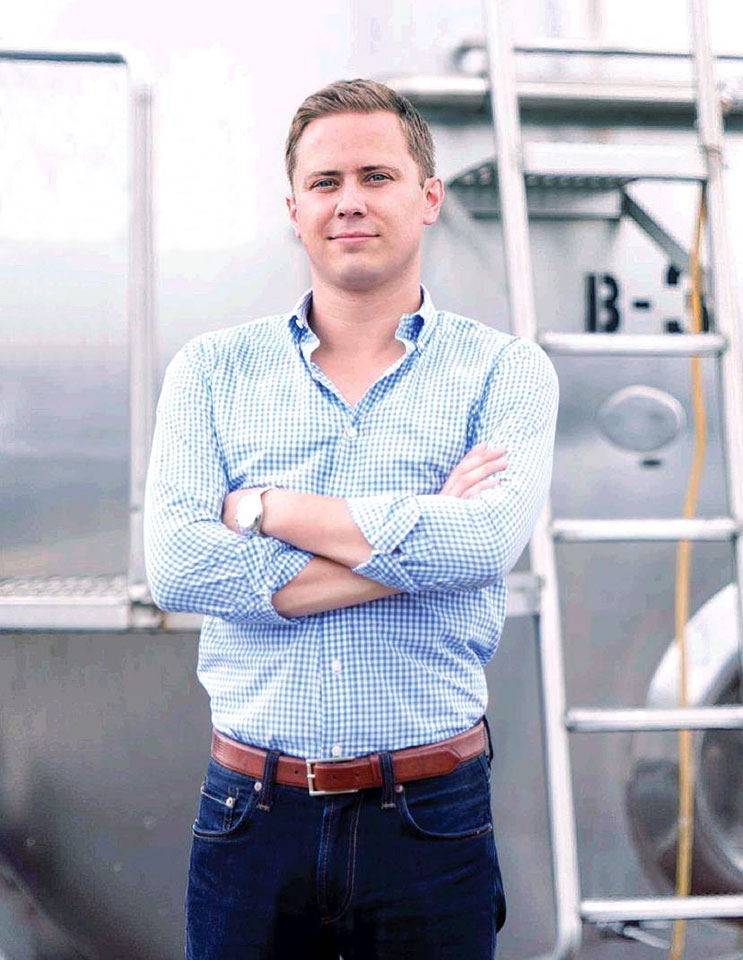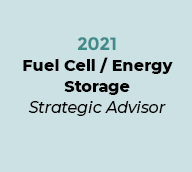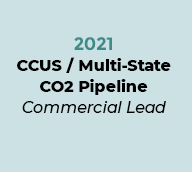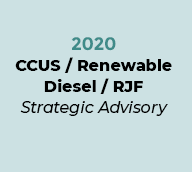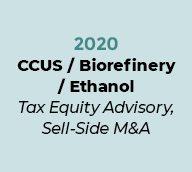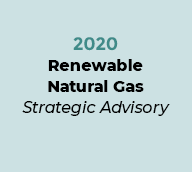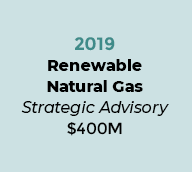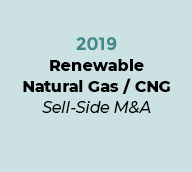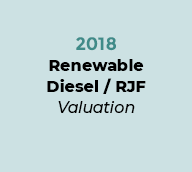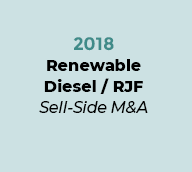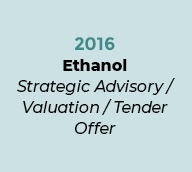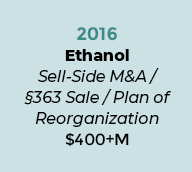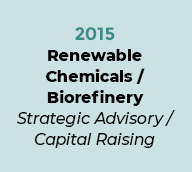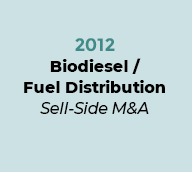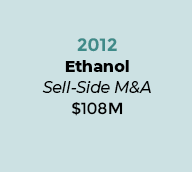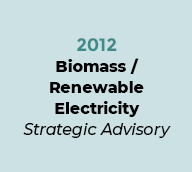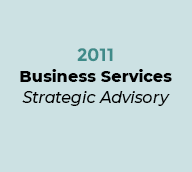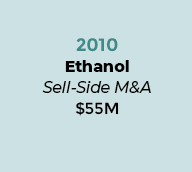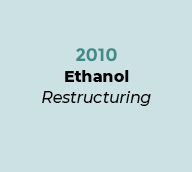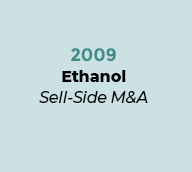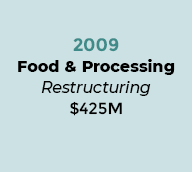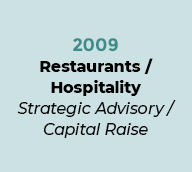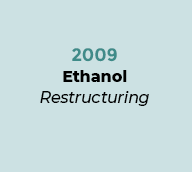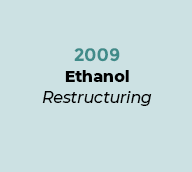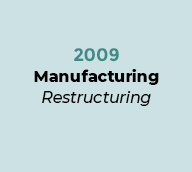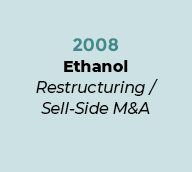Passion for advancing renewable fuels and decarbonization across transportation, manufacturing, and energy
The future is low-carbon and the value chain is expanding every day. Direct transaction and advisory experience in these rapidly developing market segments is essential. Investors, lenders, project developers, and other stakeholders all benefit from our unique perspective developed from having successfully advised clients across the entire capital structure and throughout the maturity of the broader bio-economy. Here’s how.
To be successful in these markets,
real experience matters
Certain transactions may have been completed by the firm’s professionals at prior firms.
Chabina Energy Partners will be attending:
Jan 30-Feb 2 2024: Growth Energy Executive Leadership Conference (Fort Myers, FL)
Feb 19-21 2024: National Ethanol Conference (San Diego, CA)
Mar 13-15 2024: Advanced Biofuel Leadership Conference (Washington, D.C.)
May 13 2024: Global CCS Institute’s 2024 Americas Forum on Carbon Capture and Storage (Washington, D.C.)
May 14 2024: Global CCS Institute’s 2024 Americas Member Meeting (Washington, D.C.)
Jun 10-12 2024: Fuel Ethanol Workshop (Minneapolis, MN)
Jul 23-25 2024: Infocast’s CCS / Decarbonization Project Development, Finance & Investment Summit (Houston, TX)
Dec 9-12 2024: The Coalition for Renewable Natural Gas’ RNG Conference (Dana Point, CA)
Scott Chabina began his career as an investment banker in New York working on mergers and acquisitions, debt and equity capital raises, and financial restructuring assignments of various companies. He worked across a wide range of industries including specialty chemicals, agriculture, consumer products, retail, healthcare, community banking, building materials, aerospace and defense, media, manufacturing and automotive.
In the early and mid-2000s, capitalizing on industry trends and capital market conditions, Scott began to specialize in renewable fuels. At this time, “renewable fuels” was defined primarily as corn ethanol. Today, renewable fuels includes far more complex business models around decarbonization. This can include carbon capture utilization and sequestration (CCUS), renewable natural gas (RNG), renewable diesel (RD), sustainable aviation fuel (SAF), low-carbon ethanol and others—Renewable Fuels 2.0, if you will. Scott’s expertise is throughout each of these dynamic and nuanced sub-sectors, participating across the capital structure and throughout the value chain in these industries as they were actually being created and as they continue to expand.
